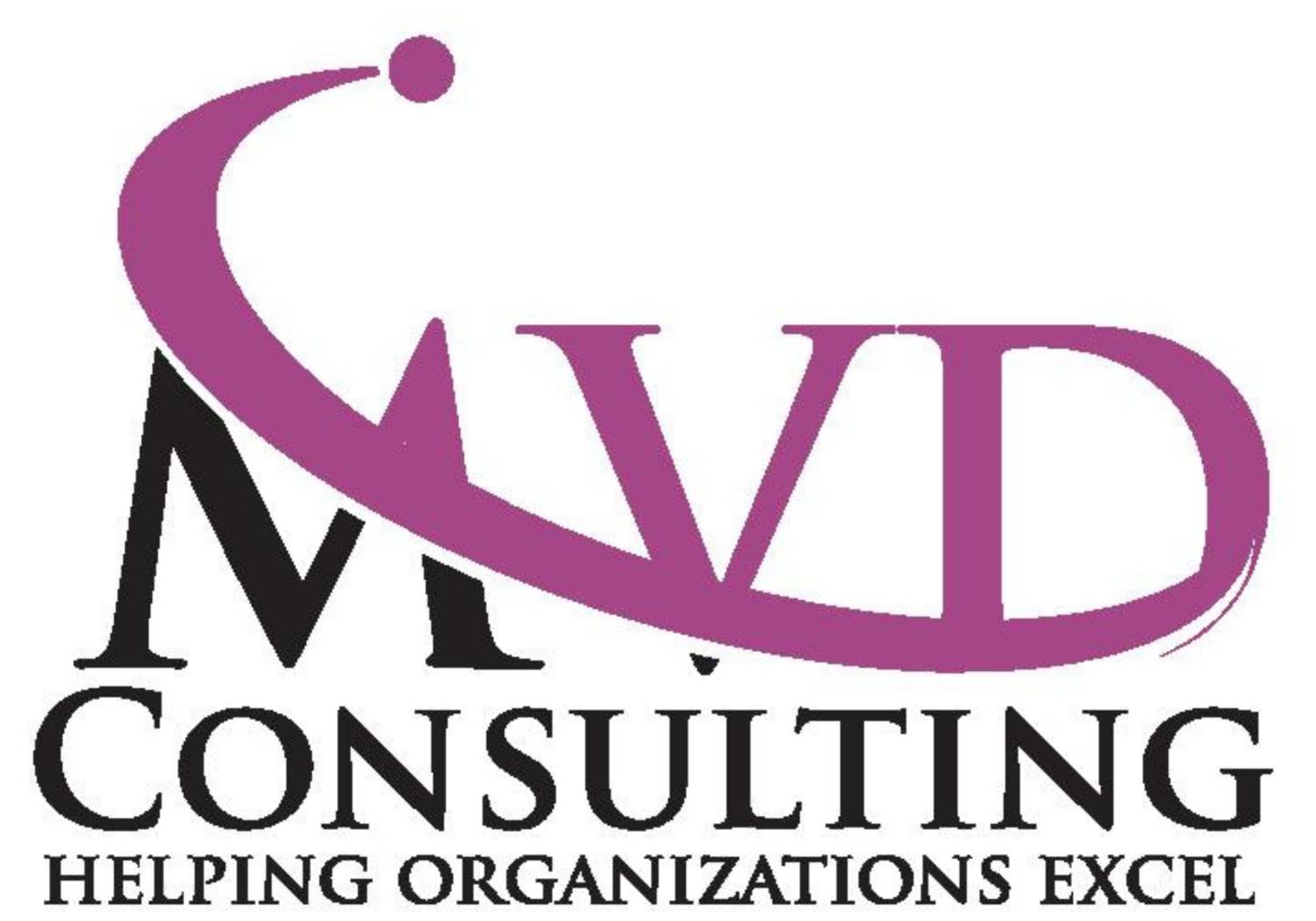Creating anti-Racist Workplaces by challenging White Supremacist beliefs at work - Part 4
The month and year are moving too quickly! How can we already be at the end of May? Although this means the warm and sunny weather has arrived and summer is around the corner!
This month on my blog, I have assessed how White supremacy shows up in workplaces and what organizations can do to interrupt these harmful practices. This is not a topic most workplaces know how to discuss and most people are uncomfortable approaching the issue, but it needs to be explored so we resist creating toxic workplaces. In last week’s blog post, I examined how defensiveness, the right to comfort, and the fear of conflict are part of organizational cultures and how workplaces can be intentional and create cultures that are equitable and healthy.
Kenneth Jones and Tema Okun in their seminal paper “Dismantling White Supremacy Culture” written in 2001, named 14 ways White supremacist beliefs are practiced by organizations. They argue that White supremacst beliefs are very pervasive and persistent in organizational cultures and as a result these beliefs and values are widely accepted and not questioned. Today, I will examine individualism, progress, and objectivity.
Individualism is evident in workplaces where people are expected to work on their own and not as part of a team. This organizational practrice has people believe they alone can solve issues and they should receive credit and recognition for their individual contributions. This value creates feelings of isolation and silos because competition is highly valued over collaboration. As a result, hierarchy is preferred over community and cooperation.
Jones and Okun explain that workplaces can resist individualism by valuing teamwork and collaboration, by recognizing teams’ efforts, increasing responsibilty for teams and not just for individuals, by encouraging people to bring issues to their teams, and using staff meetings as opportunities to discuss and solve problems and not as a time to only report on activities and individual accomplishments. This last one will finally make staff meetings useful places for brainstorming and creative thinking as opposed to receiving reports on inidividual work that often puts people to sleep!
Progress in organizations is often understood as bigger and more, where success is measured by serving more people and doing more work. The cost of doing more is often not considered, such as staff and volunteer burnout, excluding the clients and communities we aim to serve, or decreasing the value of the service we offer. Staff are often expected to “do more with less,” which leads to feelings of resentment and frustration. Increased stress, anxiety, and burnout in workplaces are signs that White supremacist values are being transmitted through the workplace.
Jones and Okun argue that workplaces can counter this value by asking how their actions will impact communities and clients in the long term, carrying out a cost-benefit analysis of adding more services, reviewing the organization’s goals and values to ensure the new activities remain aligned with the core values, and evaluating the decisions and impact of new activities. Gathering feedback from staff and clients will help to ensure progress is healthy and meaningful.
Objectivity in organizations is the need for people to remain impartial, neutral, or value-free. Investing emotions and personal feelings into your work is equated with being irrational and unprofessional. Workplaces encourage staff to think and act logically and are unhappy with persons who express emotions and do not think and act in these ways. Oftentimes, women, trans folks, racialized people, persons with disabilities, and 2SLGBTQ+ folks are labeled as emotional and irrational and thus less suited for leadership positions.
Jones and Okun recommend that organizations make space for the many perspectives and experiences people bring to work, which shape how people think, act, and their beliefs. Workplaces should encourage people to work through why they feel uncomfortable when peers express their feelings. In addition, the authors said workplaces should want their people to make the time to understand the viewpoints of their colleagues.
Thank you for reading my blog today! Please email me and let me if your workplace needs help challenging harmful beliefs and practices and creating healthy and safe work environments.
Michelle
CEO
